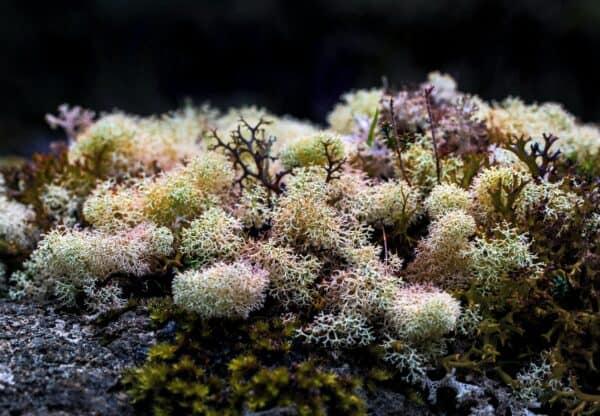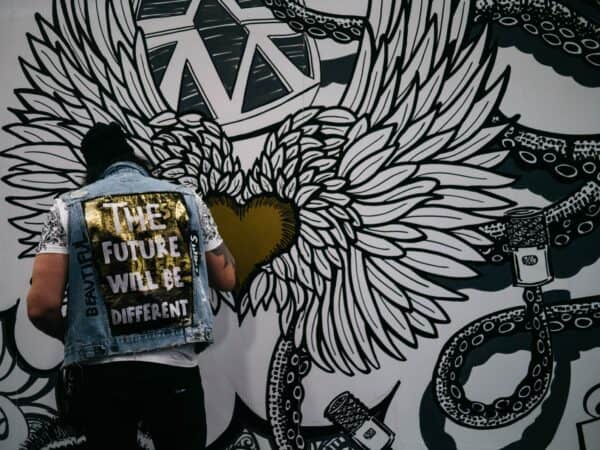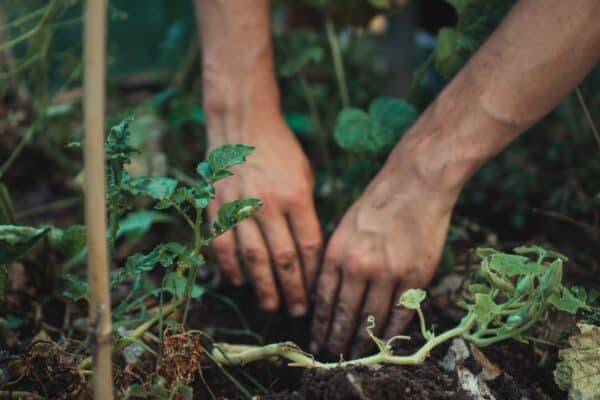“Wish Tree exists because of our commitment to wholeness: whole humans, whole communities, whole organisations, whole ecosystems. A whole world.”
This is how we define our ‘why’ in Wish Tree. So what’s behind it? How do we define wholeness in the context of our contribution?
Within the fields of psychology, therapy and coaching, wholeness is a well-established concept that sees a human as a whole entity intrinsically linked with their environment, and seeks to support us to integrate different parts of our personality or identity, our inner-child, process a loss of a sense of identity or shifts in identity during and after a life-crisis or transition, or simply integrate different elements or phases of our lives. An important aspect is about supporting us to cultivate the skill to listen deeply to the needs of our whole being: mental, emotional, physical, spiritual.
In Wish Tree, we see ‘wholeness work’ as nurturing people’s -specifically those who identify as agents for change- capacity to lead themselves well, be present with disharmony, and experience greater resilience, connection, purpose and freedom in their lives. Some might call this ‘harmony’, or perhaps ‘aliveness’.
Simply put, we believe that changemakers who live, lead and work with a greater sense of aliveness, are better equipped to create conditions for a thriving world.
The concept of wholeness as a star to guide our way through life isn’t about perfectionism, constantly striving to ‘self-improve’ or being in some constant state of bliss.
Wholeness isn’t, in fact, about an end-goal at all, it’s an ongoing process. A kind of movement between states.
And central to that intentional process is cultivating compassion, as promoted by therapist Gabor Maté, so that we can embrace every aspect of ourselves.
In my own experience, committing to wholeness has felt like a peace-making process between different parts of myself and my life – wounds, scars, fears, gifts, patterns, personality traits, that brings me an ever increasing feeling of expansion and capacity to be with what is.
Hence, wholeness is not about bypassing or toxic positivity either – that is, ‘making wrong’ emotional states that may be judged as less desirable, such as anger, sadness, grief, rage, jealousy, regret, guilt, low self-esteem, procrastination etc.
Rather, it’s helping us understand the root causes of our emotions and sense of disharmony, and to support us to both observe and feel our feelings, becoming aware of the bigger and deeper ecology of our disharmony and how it fits into the bigger system of disharmony on the planet.
As we cannot selectively numb our emotions, accessing the feelings that are perceived as ‘negative’, and understanding where they come from, means we open up for the possibility of experiencing the emotions on the ‘other side’ of the spectrum too: joy, happiness, contentment.
Wholeness nurtures our capacity to feel, hold and be with all of who we are without shame; to experience life in all its breadth, depth and fullness. It’s about our ability to resiliently receive and act on feedback from others about how our behaviour is affecting other people and the world around us without fragility. It’s the ability to think beyond either/or situations and be open to seeing a bigger picture.
Wholeness is also about knowing what we stand for and take a stand for – what our values are and what matters to us and why, and having a sense of purpose in our lives.
At the heart of saying yes to wholeness is a process of liberation and authentic freedom. But not simply for the goal of individual gain. We cannot experience a deeper sense of wholeness in a ‘silo’ – and our sense of freedom is connected to everyone’s and everything’s freedom too. Intrinsic to wholeness is becoming aware of ourselves as a cell in the greater web of life, knowing that how we live and move through life affects everything and everyone else – across timelines.
The concept of wholeness is therefore inextricably linked with systemic change and collective liberation.
So what about the ‘whole ecosystems and whole communities’?
Whole ecosystems are ecosystems that are naturally flowing through the dynamic process of homeostasis within each cell, species and between all species in the system. Homeostasis is the state of steady internal, physical, chemical, and social conditions maintained by living systems. This is the condition of optimal functioning for the organism. Ecosystem homeostasis is equilibrium, or a balance of the organisms in an ecosystem.
Wholeness is intrinsic to how life works.
Whole communities are not communities, neighbourhoods, organisations, families that always experience utopian living conditions, or that never experience turbulence or pain. Instead, they are entities that intentionally and with awareness sense into disharmony and have the courage to look at root systemic causes for it, often dating back in time over many generations, emphasising the nature of relationships between each part and addressing those, rather than simply seek to ‘fix’ in the short term the symptoms themselves. Whole communities self-regulate and keep moving towards steady conditions and optimal functioning – in the same way a non-human ecosystem would.
Whole families, communities, workplaces and other ecosystems depend on more and more people raising their hands to willingly become changemakers in their own lives and saying yes to embracing self-leadership.
When us humans are able to lead ourselves well through life and work whatever the weather, we can become stewards of life’s fullness and evoke ripples of wholeness wherever we go.
In Wish Tree we work with our own self-leadership model. Read more about self-leadership here. Reach out to explore how self-leadership could work for you or your organisation.








